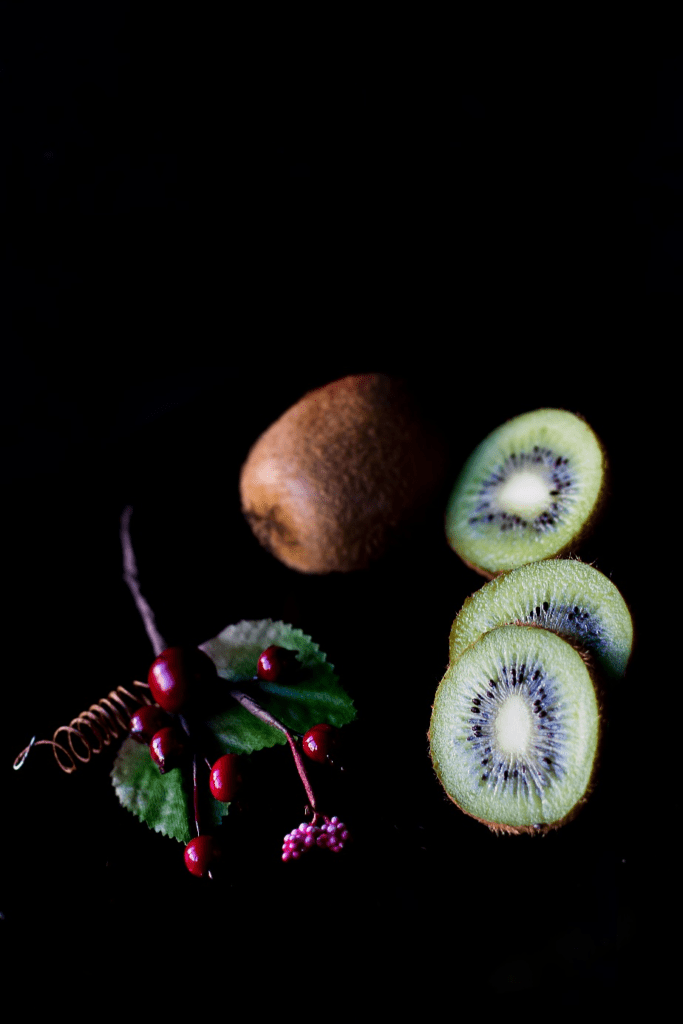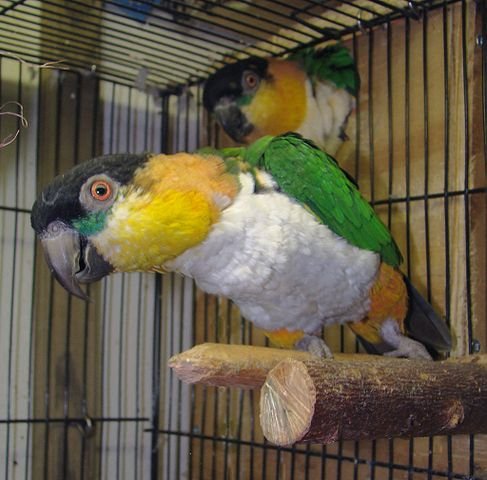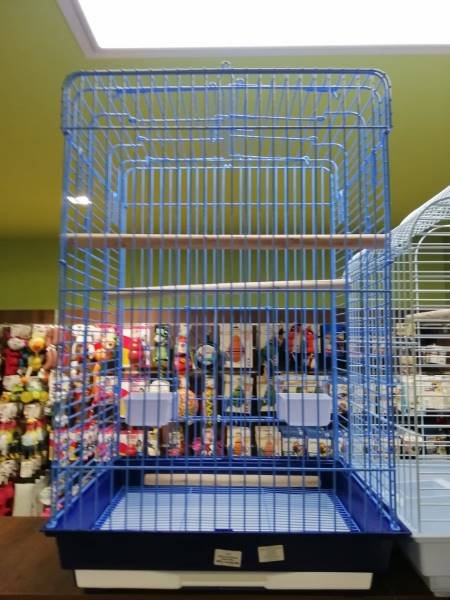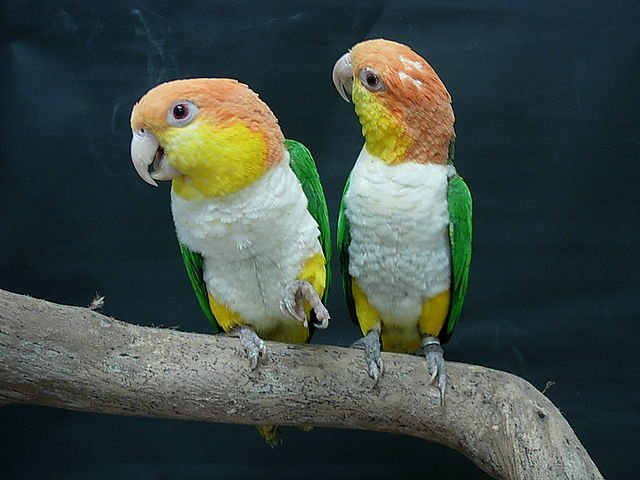A healthy diet is key to keeping a pet bird healthy. And if that bird happens to be the most active, playful, and overly-energetic Caique, he surely needs a diet that can keep him recharged all the time.
A Caique has a very active metabolism, courtesy, his high-energy movements, and never-ending gimmicks all day. And to fuel, his body, a perfectly balanced and healthy diet is a must. So, without much ado, let’s jump onto the list one needs, to serve his Caique the best and most suitable food.
Fruits
Apart from being a dietary essential, fruits are a delectable item from the whole of the parrot’s diet. And Caiques also find fresh fruits tastier than their greens, pellets, and seeds.
Fruits can be served in many ways to a Caique. The owner needs to find the best form of feeding them to his parrot. Dice them in small cubes if the bird finds it difficult to pick and eat.

While choosing the fruits, dark fruits like mango, pineapple, or papaya have the best concentration of nutrients. Other fruits that interest a Caique’s palette are apple, banana, orange, peaches, apricots, plums, passionfruit, strawberries, pomegranate, tomatoes, and blueberries.
But that doesn’t mean that all fruits are good for a Caique. Some fruits like grapes have quite high sugar content and should be served in small quantities. Dry fruits like raisins must be served sparingly and should be checked that they aren’t sulfured.
Also, care must be taken while serving certain fruits. Seeds must be removed from the fruits like apple, carefully before serving them to the Caique. The bird might choke on them. Fruits also go bad real quick. So any fruit kept for more than 24 hours must be thrown away as it might have got bacteria. Pitted fruits like avocado should never be served to a Caique as their toxicity can prove deadly for them.
Vegetables
Vegetables are another must-have of a Caique’s diet and are a source of great nutrition for him. The dark orange vegetables are a great source of Vitamin A for them. Serve them carrots, pumpkins, sweet potatoes, winter squash, or beetroot. And for their share of greens, Caiques love beet greens, watercress, lettuce, or carrot greens. Add their favorite broccoli and spinach that will fulfill their calcium needs too.
An important thing that needs consideration here is that to absorb calcium, Vitamin D3 is a must that can be taken in two ways; naturally through soaking in the sunlight or through supplements. So, the best way is to take the bird out in the mild sun for some time daily.
Seeds
Seeds are an important part of a bird’s diet and they should form a small part of it. Seeds like quinoa, amaranth, barley, or buckwheat are a great choice. But the seeds must either be cooked, sprouted, or simply soaked to be chewable for the bird. One can also serve them with lentils or beans to add a good amount of protein to the bird’s diet.
A helpful tip here would be to refrain from market-made seed mix as they not only lack vitamins, minerals, and nutrients, but they have added fat that can cause obesity. To make it worse, the packaged seed-mix contains preservatives and sulfur that are harmful to the Caique’s health.
Check out our affiliate store for best seed mixture:
Pellets
Pellets should be roughly 50 to 70 percent of a Caique’s diet. It forms the most important ingredient of the bird’s diet. The aforesaid range must be strictly adhered to, for maintaining a balanced diet. They contain all the essential nutrients that the bird might be lacking in his daily dietary requirements. There are many good pellet mixes available in the market. One simply has to choose a high-quality brand.
Nuts
Nuts are an important source of EFA (Essential Fatty Acids) and hence are vital to support brain and bodily functions. Walnuts, pumpkin seeds, flax seeds, almonds, etc. as the nuts have high-fat content, they must be served in very little quantities like a half walnut in a day. But the quantity can be increased during the breeding season as their calcium content will h the female bird to synthesize egg-shells without compromising calcium levels of her body.
Fresh Water
As they say, all life on earth needs water. Caique is undoubtedly one of them. Freshwater must be accessible for the bird at all the time. The owner must keep a clean water bowl to refill it with fresh water. And the water must be of drinkable quality, i.e., it should be free from impurities like lead, etc. For this, one can either boil the water and serve it after it has cooled down or simply use filtered water. In summers, make sure to keep a spare fresh water bowl so that if the previous bowl is emptied by the bird, he has a backup to stay hydrated.
What not to Feed a Caique?
Where there are many options to satisfy a Caique’s pellet, few foods must never be served to him. Foods that contain caffeine like chocolates are toxic to the bird. Alcohol or carbonated drinks must not be fed to him. All the pitted fruits like avocado, foods rich in oxalic acid like rhubarb, foods with sulfur content like onion, or foods rich in amatoxin like mushrooms, are all harmful to the bird and can be fatal in certain situations.
Wise Words
Diet decides any living being’s health. It can make or break his health depending on its quality and quantity. Where ensuring high quality of the diet is important, equally important is to oversee that there is no overdose of a particular nutrient. That simply disturbs the balance. A Caique’s diet is quite varied and one can do a lot more with it to keep his bird intrigued about his next meal. Many owners add an occasional egg, oyster shells, gravel, fish, etc. to treat their bird. Such not only adds variety but also adds calcium or essential fats. The key is to keep him healthy while keeping him happy.





